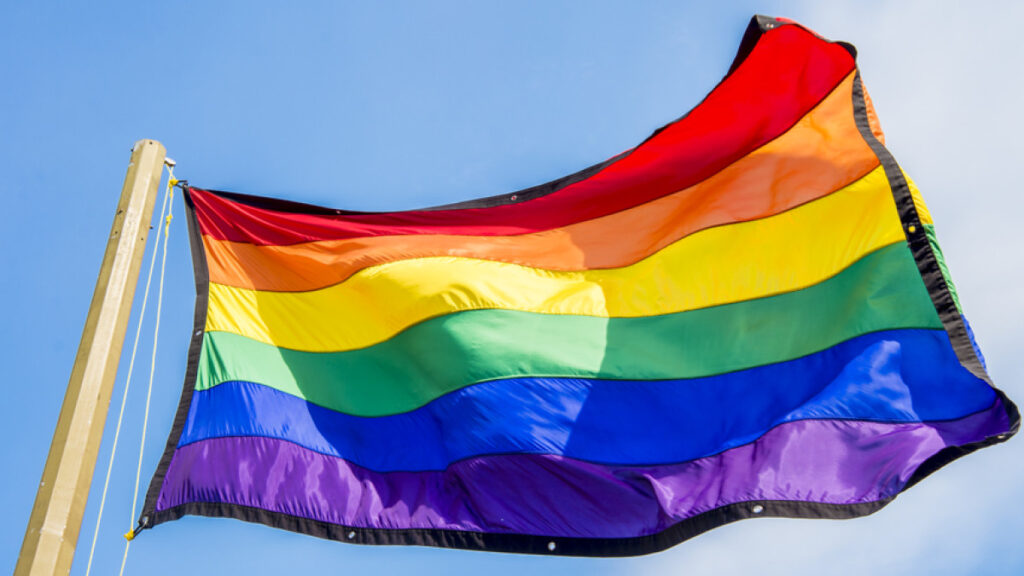Health Insurance for LGBTQ+ People

Most LGBTQ+ people have access to health insurance through the Obamacare Marketplace or other sources. In fact, thanks to changes in laws, they have as much access as other people. Yet a significant number still can’t afford health care. People seeking gender-affirming care, in particular, run into challenges, such as whether the care is covered and how much the care costs.
Here’s a guide for LGBTQ+ Americans trying to navigate the process of obtaining health insurance and overcoming health insurance hurdles.
Great Strides in LGBTQ+ Coverage
Over time, the environment for LGBTQ+ healthcare has improved—partly thanks to increased acceptance of LGBTQ+ Americans. Also, the federal Affordable Care Act made it illegal for health insurers and health insurance marketplaces to discriminate against LGBTQ+ Americans. And in recent years, federal laws have expanded access to health insurance for LGBTQ+ people.

Before the Affordable Care Act became law, health insurers could deny coverage to LGBTQ+ people, charge more for coverage, or charge higher rates.
Disparities Still Exist
Many health care access disparities still trouble the LGBTQ+ community. LGBTQ+ people are slightly more likely than non-LGBTQ people not to have health insurance and are more concerned about paying medical bills. A study published in 2023 in the journal Health Affairs found LGBTQ+ adults were more likely than others to go without health care due to the cost of care.
A different study showed they’re less likely to have a regular health care provider and therefore report getting inadequate medical care, or a delay in getting medical care.
Health Issues the LGBTQ+ Community Faces
Accessing Gender-Affirming Care :The cost of transgender-specific care for one person can range from $25,000 to $75,000.Most health insurers generally cover medically necessary gender-affirming care, including gender-affirming surgery and hormone treatments. But in 2023, more than 30 states introduced legislation to ban some or all gender-affirming care for minors. Bans for those under 18 are now on the books in 20 states
Mental Health and Substance Abuse
LGBTQ+ people are more likely than their non-LGBTQ+ counterparts to have a mental health condition such as depression, anxiety, or suicidal thoughts. In addition, LGBTQ+ adults are more likely than others to experience a substance abuse disorder.Even though LGBTQ+ people continue to confront healthcare discrimination, they enjoy certain rights. Two dozen states and the District of Columbia protect transgender people against discrimination in health coverage, and 15 states and the District of Columbia ban health insurance discrimination based on sexual orientation or gender identity.





